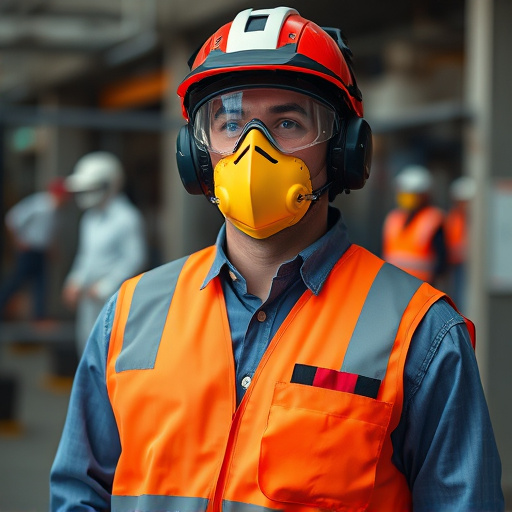Regular Airaid filter replacement schedule maintenance is vital for minimizing environmental impact, enhancing public health, and reducing energy costs. By addressing physical ecosystem changes and human activities affecting air, water, and soil quality, such as pollution, climate change, deforestation, and industrial processes, this practice contributes to sustainable HVAC operation. Proactive optimization of filter change intervals based on occupancy, outdoor air quality, and system efficiency extends equipment lifespan while mitigating increased energy usage from dirty or clogged filters.
“In today’s eco-conscious world, understanding and mitigating environmental impact factors is paramount. This comprehensive article delves into the critical aspects of sustainable practices within industrial and automotive sectors. We explore ‘Understanding Environment Impact Factors: A Comprehensive Overview’ to dissect key elements affecting our planet. Furthermore, we highlight ‘The Role of Airaid Filter Replacement’ in fostering green initiatives, offering efficient solutions for sustainable maintenance. Additionally, readers will benefit from a practical guide on ‘Developing a Maintenance Schedule for Optimal Environmental Conservation,’ ensuring optimal ecological preservation through strategic filter replacement.”
- Understanding Environment Impact Factors: A Comprehensive Overview
- The Role of Airaid Filter Replacement in Sustainable Maintenance Practices
- Developing a Maintenance Schedule for Optimal Environmental Conservation
Understanding Environment Impact Factors: A Comprehensive Overview

Understanding Environment Impact Factors involves recognizing and evaluating various elements that influence our natural surroundings. These factors range from physical changes in ecosystems to human activities directly affecting air, water, and soil quality. By comprehending these impacts, we can implement effective strategies for environmental conservation and sustainability.
Key players include pollution, climate change, deforestation, and industrial processes. For instance, Airaid filter replacement schedules and maintenance routines play a critical role in minimizing air pollution by ensuring efficient air quality systems. Similarly, regular monitoring and timely replacements capture and prevent the release of harmful contaminants into our atmosphere, contributing to broader environmental well-being.
The Role of Airaid Filter Replacement in Sustainable Maintenance Practices

In today’s digital era, sustainable maintenance practices are becoming increasingly vital to mitigating environmental impact. One key player in this shift is the Airaid filter replacement schedule. Regular Airaid filter replacements are not just about ensuring optimal engine performance; they significantly contribute to reducing a vehicle’s carbon footprint. By keeping filters clean and efficient, vehicles consume less fuel, decreasing greenhouse gas emissions.
Moreover, an on-time Airaid filter replacement schedule plays a crucial role in minimizing air pollution. Dirty or clogged filters restrict airflow, leading to richer fuel mixtures and increased combustion, which can produce more harmful pollutants. Promoting proper filter maintenance therefore fosters cleaner air quality, benefiting both the environment and public health. This simple yet effective practice underscores the importance of incorporating sustainable maintenance routines, such as timely Airaid filter replacements, into our everyday vehicle care regimens.
Developing a Maintenance Schedule for Optimal Environmental Conservation

Regular maintenance, including scheduled Airaid filter replacements, plays a pivotal role in environmental conservation. By keeping air filters clean and well-maintained, individuals and organizations can significantly reduce energy consumption. Dirty or clogged filters force HVAC systems to work harder, resulting in increased energy usage and higher greenhouse gas emissions. An optimal maintenance schedule ensures that filters are replaced at the right time, balancing cost-effectiveness with environmental benefits.
For effective Airaid filter replacement schedule maintenance, it’s crucial to consider factors like occupancy, outdoor air quality, and system efficiency. Establishing a proactive maintenance program involves setting clear milestones for filter changes based on these variables. This approach not only extends equipment lifespan but also contributes to a greener planet by minimizing the environmental impact of energy overconsumption.
In conclusion, understanding and addressing environment impact factors, such as those discussed in this article, are vital steps towards sustainable practices. By incorporating strategies like regular Airaid filter replacement and developing optimized maintenance schedules, we can significantly reduce our ecological footprint. These simple yet effective actions contribute to a greener future, ensuring that our maintenance routines preserve the environment for generations to come.














